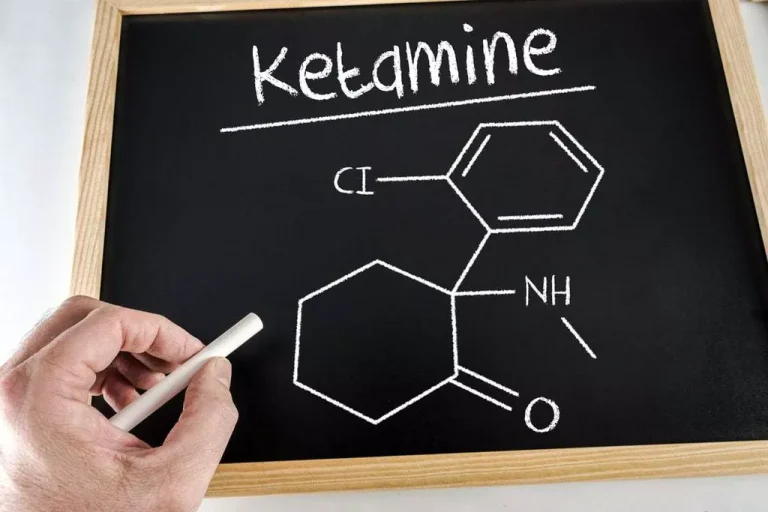
Try dimming the lights, turning off electronic devices, and https://ecosoberhouse.com/ relaxing by reading or taking a warm bath. A comfortable mattress and pillows can also encourage better, more relaxing sleep without the need for alcohol to help you wind down. Discover enjoyable non-alcoholic beverages you can drink in situations where you might typically consume alcohol.
Alcohol Abstinence and Improved Sleep: Insights from U.S. Adults
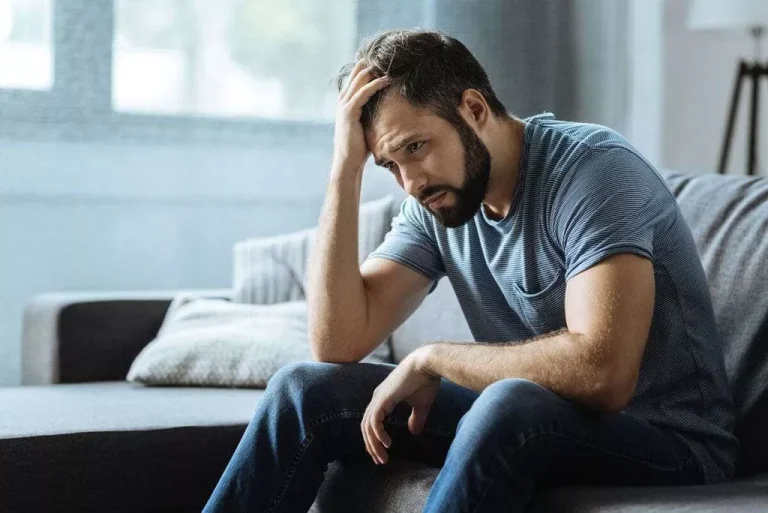
Chester Wu, MD, is double board-certified in psychiatry and sleep medicine. He cares for patients through his private practice in Houston, where he provides evaluations, medication management, and therapy for psychiatric and sleep medicine conditions. Here’s a list of the best and worst beverages for your sleep — and the ones the sleep medicine jury is still out on. Dr. Seema Khosla is the medical director of the North Dakota Center for Sleep and a medical advisor for MedBridge Healthcare. alcohol for sleep She is also a fellow of the College of Chest Physicians, as well as the American Academy of Sleep Medicine (AASM).
REM Sleep
- While an occasional drink might not have severe consequences for everyone, regular consumption can lead to disrupted sleep patterns.
- Over time, poor quality sleep can have a negative influence on many different aspects of your life, including your long-term health.
- Data are drawn from (Feige et al. 2006; Prinz et al. 1980; Rundell et al.1972).
- Total night REM sleep percentage is decreased in the majority of studies at moderate and high doses with no clear trend apparent at low doses.
The impact of alcohol on SWS in the first half of night appears to be more robust than the effect on REM sleep and does not appear to be an epiphenomenon REM sleep reduction. Total night SWS is increased at high alcohol doses across gender and age groups. While a small amount of alcohol may initially induce drowsiness, it can disrupt the later stages of sleep and lead to poor sleep quality overall. It’s generally recommended to avoid alcohol close to bedtime for better sleep. Alcohol is a muscle relaxant, so consuming alcohol at bedtime can make a person more prone to experience a blocked airway. People who typically snore or who have obstructive sleep apnea tend to display more severe snoring and lower blood oxygen levels after drinking alcohol, especially when they drink close to bedtime.
- We respect your choices and are committed to providing you with a transparent and secure browsing experience.
- Tart cherries may also have an antioxidant effect that is conducive to sleep.
- Grand mean evoked potential waveforms for alcoholics at initial assessment(redlines) andat 12 month follow-up (blue lines) Fz, FCz, Cz, CPz and Pz.
- At all dosages, alcohol causes a reduction in sleep onset latency, a more consolidated first half sleep and an increase in sleep disruption in the second half of sleep.
Alcohol and Sleep
- In this blog, part of our Mindful Drinking blog series, we explore the intricate relationship between alcohol consumption and sleep, delving into the impact of drinking on sleep quality, patterns, and overall well-being.
- The homeostatic drive is responsible for keeping our body balanced, and it’s one of the major mechanisms that regulates the sleep-wake cycle.
- The exact amount and exact timing depend on your unique biology; however, it’s generally recommended to avoid alcohol in the last four hours before sleep.
- The homeostatic drive prompts sleep by boosting levels of adenosine when we’ve been awake for too long.
During the final hours of sleep when alcohol is metabolized by the body, it can have a disruptive effect on sleep, causing frequent waking and fragmented sleep. Ultimately, alcohol can decrease the amount and quality of sleep you get. If you’re consistently experiencing alcohol and bad sleep, consider taking a break from drinking to allow your body to recover and improve your sleep patterns.
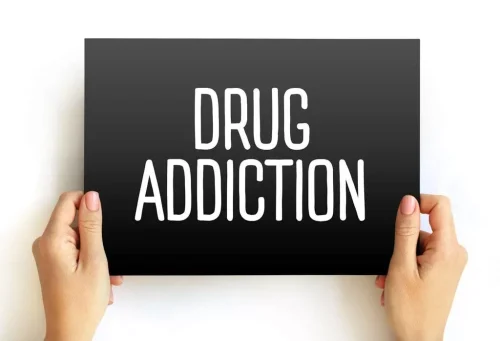
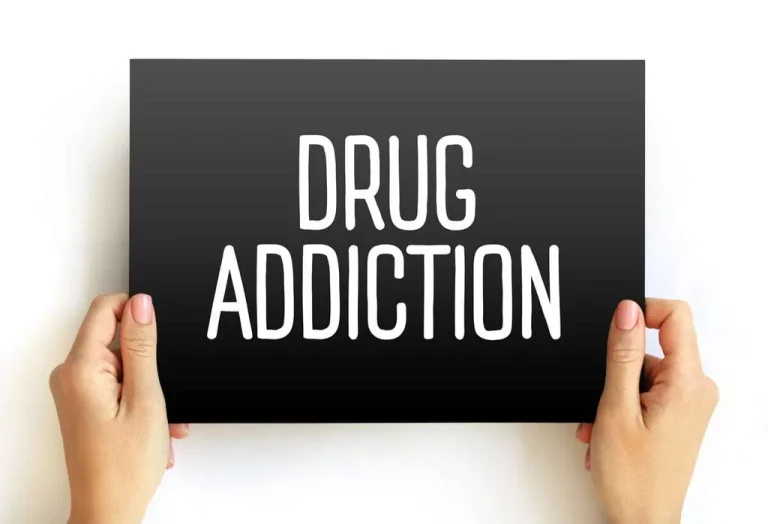
Regular drinking has also been linked to shorter periods of rapid eye movement (REM) sleep, a disrupted circadian rhythm, and snoring. In the short term, individuals may use alcohol to self-medicate for insomnia, perpetuating an unhealthy cycle. The body first processes the alcohol and then the metabolic byproducts, along with any other ingredients in the beverage, such as sugar. Combined, these compounds drop blood sugar and affect sleep hormonal function, causing poor and/or disturbed sleep quality later in the night. Depending on the duration of total sleep, there may be more or less of some stages in each 90-minute cycle. One major detrimental effect of alcohol on sleep is to disrupt the 90-minute sleep cycle.
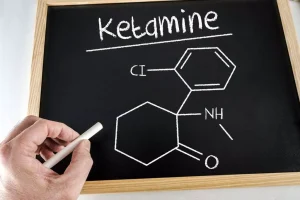
Improve your sleep environment
Feige et al. (2007) reported elevated beta activity in REM and gamma activity instage 2 NREM sleep, but only in data from the adaptation nights, with no differences forsubsequent placebo nights from their drug study. (2002) reported a trend for elevated beta activity in alcoholics across theentire night at baseline that became a significant difference during a recovery nightfollowing a night of partial sleep deprivation. (2009b) did not see any differences between alcoholics and controls in highfrequency EEG activity during sleep. Because these analyses are performed on stable sleepepochs, results suggest that once sleep is attained, it is not necessarily characterizedby elevated fast frequency activity. By contrast, primary insomniacs have greater betapower during NREM sleep than Halfway house normal sleepers, thought to reflect higher levels of corticalarousal (Riemann et al. 2010). Differences in slow frequency between alcoholics andcontrols were also more marked over the frontal scalp with alcoholics showing lower deltaEEG power (Figure 3).
Grand mean evoked potential waveforms for alcoholics at initial assessment(redlines) andat 12 month follow-up (blue lines) Fz, FCz, Cz, CPz and Pz. Grand mean evoked potential waveforms for alcoholics (red lines) and control subjects(black lines) for the FP1, Fz, FCz and Cz electrode sites. The left panel(KC+) shows the result of averaging responses that included K-complexes. The rightpanel (KC-) show the result of averaging responses not including K-complexes. Hunnes says magnesium-infusion drinks may help with sleep by helping to regulate melatonin (a sleep-inducing hormone) and lower blood pressure.

However, there are some foods and drinks that may make it easier to get a great night’s sleep. Whether it’s a jolt after a cup of coffee or drowsiness after Thanksgiving dinner, most people have personally experienced how food and drinks can affect their energy and alertness. Alcohol can relax the muscles in the throat, increasing the risk of obstructive sleep apnea, a condition characterized by repeated episodes of breathing interruptions during sleep.

